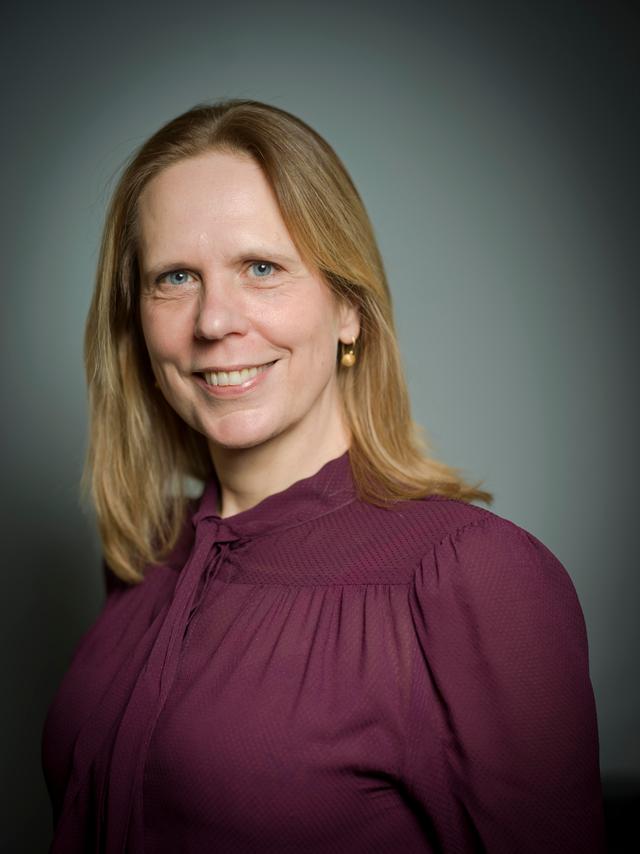Pain — An Expedition Into Uncharted Territory
A palliative investigation into the meaning(lessness) of chronic pain
Pain causes a lot of suffering and comes with a huge price tag, yet it remains under-reported. Words often fail us. We try to measure it on a scale of 1 to 10, but have no idea what those numbers mean. Can we ever know what someone else’s pain feels like?
.jpg&w=3840&q=75)
In 2010, Sanne Bloemink made an unfortunate move during kickbox training. Since then, the slightest movement of her leg has caused shooting pains that ‘seem to split her body like a lightning strike in an ancient oak tree’. Scans showed a herniated disc pinching a major nerve pathway, but because eighty per cent of herniated discs resolve themselves, the neurosurgeon decided not to operate. Years of medications, exercises, treatments, hopes and setbacks followed.
After five years, Bloemink went for an operation. Her hernia was finally cured. But the pain hammered on undisturbed, and with it, any hope of a pain-free existence was gone. Doctors suggested an overloaded nervous system, psychological stress – nothing helped. In her search for a solution, the author connects her own experiences with perspectives on pain from medicine, philosophy, literature and history.
She takes the reader back to the Middle Ages, draws on Greek mythology, explores what new technologies can mean for pain management, and what the works of Susan Sontag and Marina Abramović, among others, can teach us. She concludes that chronic pain is a combination of physical, psychological and social factors that patients cannot easily influence themselves.
In the vein of Susan Sontag’s On Illness as a Metaphor
One in five people suffers from chronic pain
Combines history, philosophy, literature and personal experience
Year of publication
2023
Page count
288
Publisher
Pluim
Rights
Stella Rieck
rieck@cossee.com
Sample translation available
A personal account, an investigation into the science of pain, a glimpse into the past, a philosophical essay and a medical-ethical appeal all in one. Too much for one book, you might think. A whirlwind of ambitions, styles and layers: hold your breath. But it works. The result is overwhelming, almost suffocating, and ultimately very impressive.
NRC
Engaging, entertaining and written with humour. You learn a lot from it.
de Volkskrant
More Non-Fiction

Entrepreneurs in the Wild
The dispiriting story of a club of white benefactors in Africa: how nature parks have been corralled by modern imperialism

Burdened House
A bestselling memoir about the space one occupies in society as a woman; about loneliness, fear and the choices we make in love.

Land of Thieves: Survival in the Middle Ages
Brilliantly-researched, groundbreaking reconstruction of daily life in the fifteenth century

The Life of Mice
How living with rescue mice leads to a broader ethical enquiry into animal rights
